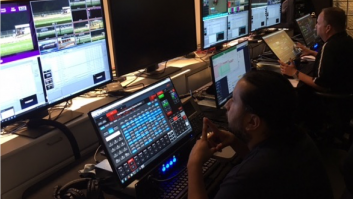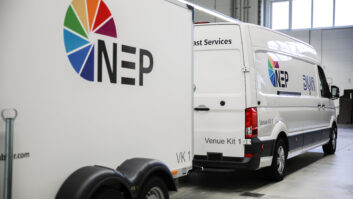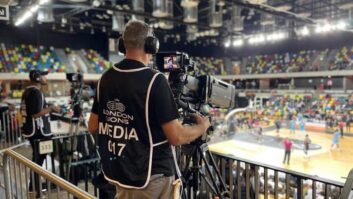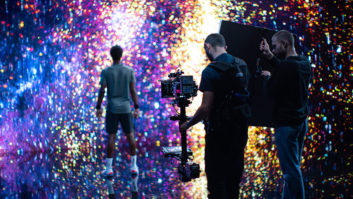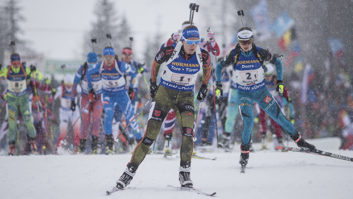With the on-going travel restrictions and announcements that international spectators won’t be able to travel to Tokyo for this summer’s Olympic Games, a number of broadcasters will be using remote production to bring the action back to Europe.
Among those planning to use remote production are Germany public broadcasters ZDF and ARD who share the domestic rights. They took part in a virtual roundtable discussion with the USA’s NBC and Canada’s CBC to reveal how their plans have changed as a result of the year-long delay and ongoing pandemic.
Achim Hammer, ZDF creative director said the broadcaster will be producing the majority of its content from Germany. “For the last [Winter] Games, in 2018 in Korea, we already made use of some new technologies and had a split production, but this time the focus is on Germany. Only very few elements remain in Tokyo. Our aim is that the spectators receive the same service as they have been used to receiving from ARD and ZDF and do not notice the new production form.”
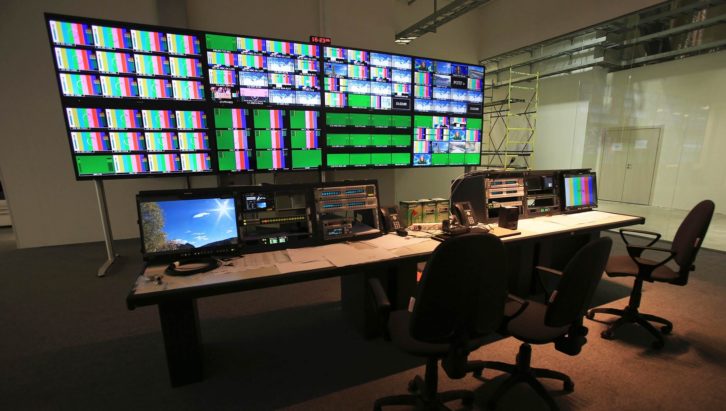
In practical terms, Hammer said it means much of the editing would be done in Germany, with a significantly reduced team in Tokyo. “We have ENG crews with reporters onsite, who provide footage, interviews, etc. but editorially the pieces, stories, etc. are done in Germany,” he added. “Most of the commentary is off-tube and comes from Germany. Only selected sports will have commentary positions onsite.”
Asked if there were any innovations that excited him, Hammer said ZDF is looking forward to giving viewers more behind the scenes access than ever before. “We are benefitting a lot from improved offers for social media, from Content+ and Content +Extra [OBS platforms], as we will have more possibilities to look behind the scenes, at warm-ups, etc. to be closer to the athletes and their preparation, performances and reaction. New technologies also allow us to combine different ways for interviews (Skype, smartphones, etc.), two-way talks and observations.
“For the future, it would be essential to have access at home to special cameras for storytelling, as well as ISO feeds. This would reduce our own presence onsite. Prices have to be affordable. Also important for commentators at home is to have a better overview of the venue, as if he/she was sitting there,” added Hammer.
“Another option is to facilitate remote interviews, so our interviewers are able to ask the questions from home, so we do not lose the journalistic aspect, although we are not onsite.”
The full interview is available via www.olympic.org.
